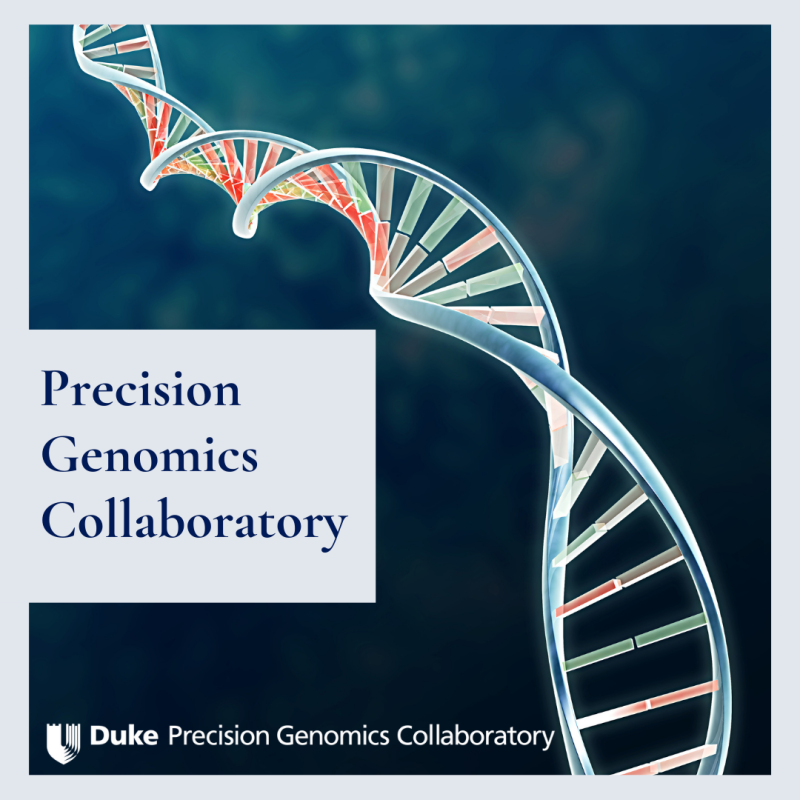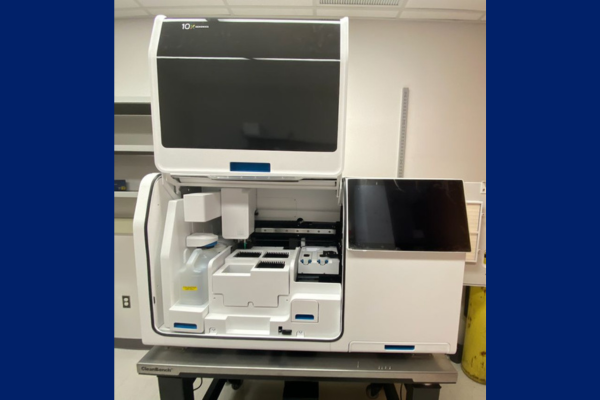PGC Announces Student Pilot Grant Awardees
The Duke University School of Medicine Office of Biomedical and Graduate Education (OBGE) and Precision Genomics Collaboratory awarded 14 pilot grants of $2,000 each to SOM Biomedical PhD students. The goal of these grants is to support our students in scientific and educational efforts to bolster their graduate training experiences. These awards will help further research in a broad array of topics including into diseases like osteoarthritis and depression, cardiac disease susceptibility, gut bacteria and more. Awards will also help fund expenses related to trainings and conferences.
Q&A Spotlight: Distinguished Professor Rana Gupta
Rana Gupta, PhD, W. David and Sarah W. Stedman Distinguished Professor in the School of Medicine
Tell us about your clinical, academic, or research interest and why you are passionate about this topic or area of focus.
Q&A Spotlight: Distinguished Professor Svati Shah
Professor Svati H. Shah, MD, MHS, Cardiology
Ursula Geller Distinguished Professor of Research in Cardiovascular Diseases
Tell us about your clinical, academic, or research interest and why you are passionate about this topic or area of focus.
PGC Faculty Earn Distinguished Professorships
This spring, five faculty members in the Precision Genomics Collaboratory have been awarded distinguished professorships. The new distinguished professors were honored at the annual distinguished professorship event on May 4.
In total, Duke University awarded distinguished professorships to 44 faculty members from seven Duke colleges and schools this year.
Distinguished professorships are awarded to faculty who have demonstrated extraordinary scholarship in advancing science and improving human health.
Swain Lenz to Speak at Large Genomic Conference
Sequencing and Genomic Technologies Director, Devjanee (Devi) Swain Lenz, will be one of the invited panel speakers at the Festival of Genomics and Biodata conference
Outsmarting Superbugs, One Germ at a Time
It’s an old story: Pathogen sickens humans. Humans create medicine. Pathogen evolves a way around the medicine. Humans are back to square one.
Blood May Hold the Key to Cheating Father Time
James White, PhD, Gurpreet Baht, PhD, and team show that biological age is fluid, and while it can age faster under stress, it can also be restored once those stressors are eliminated.
New Cause Identified for Metabolic Disease that Strikes Native Americans
Duke Health researchers have identified the cause of an inherited metabolic disease common among people with Lumbee and other Native American heritage.
New Equipment in Molecular Genomics Core
The Molecular Genomics Core in the Duke Molecular Physiology Institute (DMPI) has added a 10xGenomics in situ sequencing platform called Xenium.
The new platform allows for single cell spatial resolution of gene expression and provides spatial context of targeted RNA profiles within tissues.
Simon Gregory among those honored for breast cancer gene discovery
In December 1995, the work of over 40 researchers culminated with a landmark publication in Nature. The team had discovered a second breast cancer susceptibility gene: BRCA2. Their discovery revolutionized cancer research and screening in breast, ovarian, and prostate cancers and has impacted millions of people’s lives in the years since.









